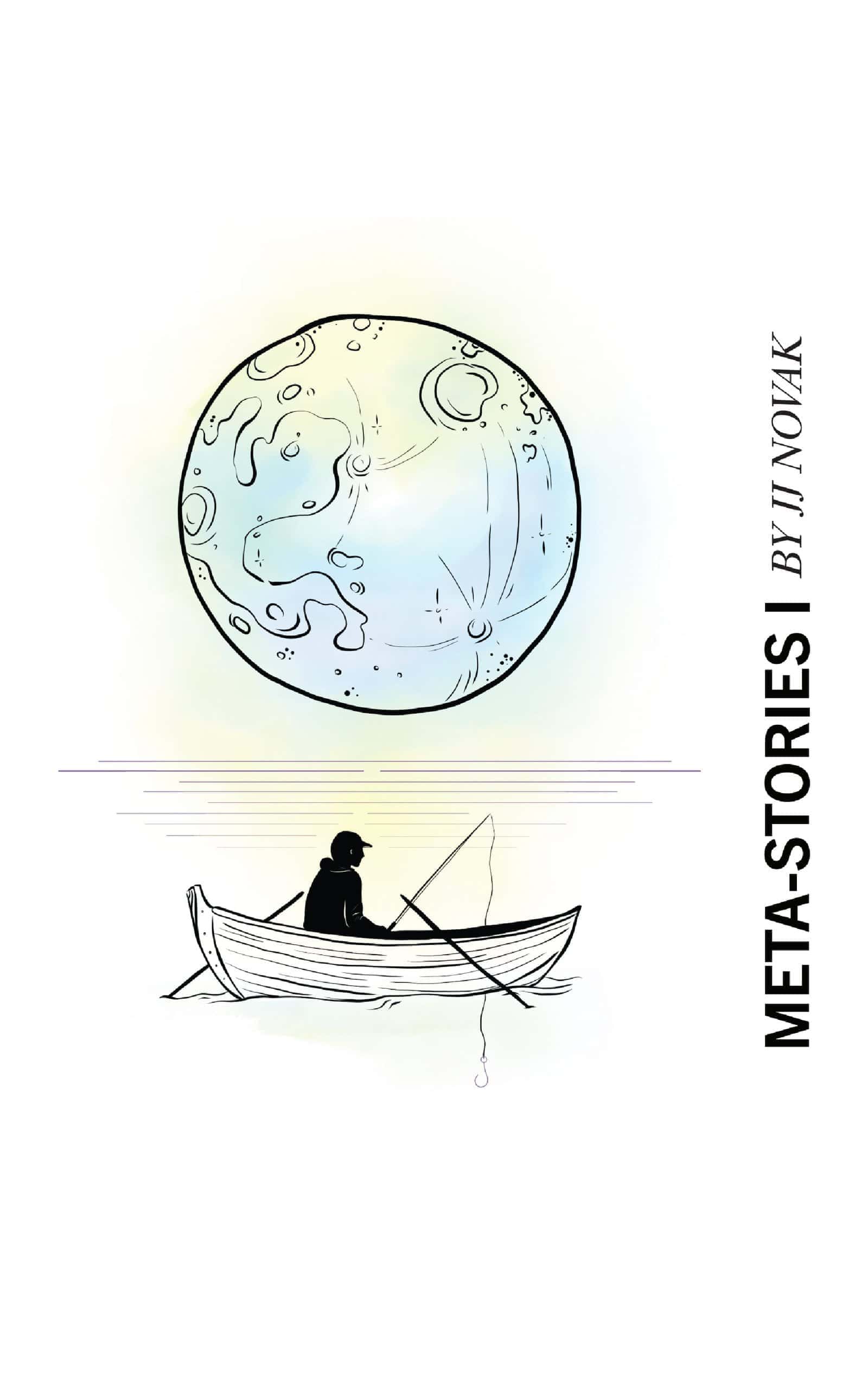One of our newest releases is from an esteemed clinical psychologist Dr. Joe Novak. Novak has 35 years of experience working in hospital systems, outpatient private practice, and as a consultant to industries. He has spent his adult life working with children, adolescents, adults and families affected by mental health challenges. When he came to us with this project, we thought it was a very worthwhile venture. Recently we sat down with Dr. Joe to talk to him about his book Meta Stories.
EP: What motivated you to spend nearly a decade developing Meta-Stories I, and how did your own experiences, as well as those of your clients, influence the themes in the book?
Dr. Joe: I spent about a decade working on what eventually became Meta-Stories I. Many of the stories have imbedded in them life lessons or painful events. I developed these stories from my own experiences, and from real stories from clients. I felt these stories needed to be about difficult to talk about topics such as abuse, bullying or death. These stories also needed to be inspirational and address the human spirit to not give up.
EP: What do you hope readers will take away from the allegories in Meta-Stories I, particularly in terms of life lessons and the theme of resilience?
Dr. Joe: I wrote these stories believing readers could take away from each story a life lesson that will have meaning for them. I am a strong believer in the capacity for resilience and hope the stories move the reader to self-reflect and find ways to improve their lives.
EP: The book began over 20 years ago during a hospital-based summer program for children and teens. How did that experience shape the metaphorical stories you began writing at the time, and what made you decide to turn them into a full book now?
Dr. Joe: Yes, I initially wrote four of the stories as part of a life lesson exercise for a summer camp program for pre-teens/young teens 25 years ago. At the time I was the Director of an inpatient mental health program for teens at a hospital in the northwest suburbs of Chicago. We wanted to offer a unique camp for pre-teens who were struggling with peer relationships, self-worth challenges and anxiety. The program was called LifeBound. I assisted the staff with the daily team exercises and finished each day with a Meta story for reflection, life lessons and conversation/discussions between campers and staff.
EP: What led you to revisit the original stories you had written, and how did you realize their potential to resonate with readers of all ages, regardless of their mental health struggles?
Dr. Joe: Fast forward about a dozen years ago when I re-discovered the initial stories I wrote. I started thinking about how these stories could be helpful to all ages; whether the person was suffering with mental health pain or just wanted to read stories to inspire and allow for self-reflection.
EP: Given your background in psychology, what role do you think storytelling, particularly through allegories, plays in mental health, personal growth, and self-reflection?
Dr. Joe: I believe storytelling is what makes us uniquely human and allows us to connect with others. I have learned so much from stories my clients have shared. Stories bring us closer to a better understanding of a person’s journey through life. I often use allegorical stories or metaphors in my appointments with clients. Stories help one to step away from their own situation and use a story or allegory as a bridge for learning and personal growth.
EP: There are 18 stories in your book. What is the significance of that number?
Dr. Joe: I chose 18 stories because the number 18 is divisible by 9 which for me is a lucky number, and in our Jewish culture, 18 represents good luck, and I understand, 18 is the numerical value of the Hebrew word “chai” which translates as “life.”

Leave a Comment